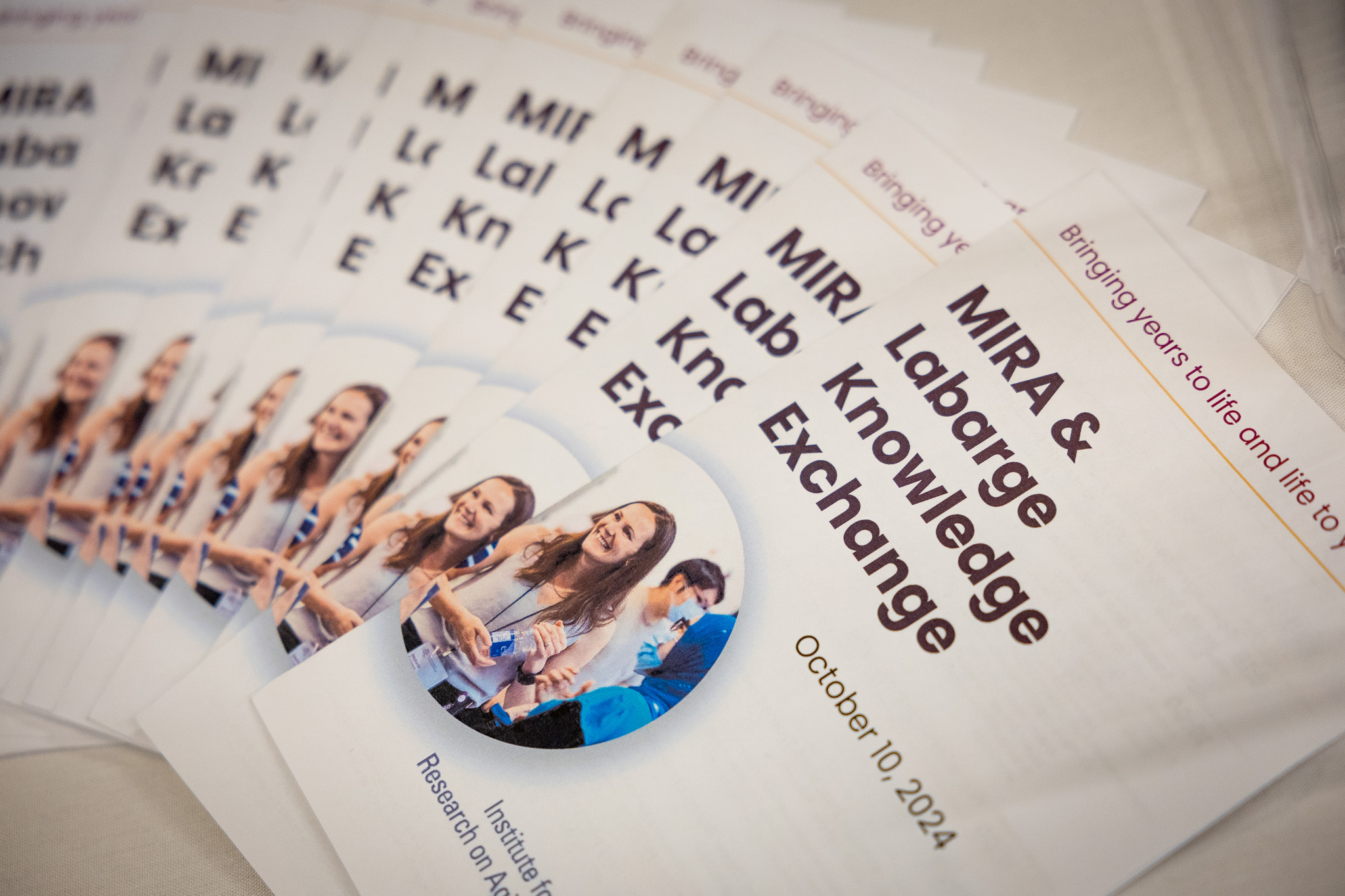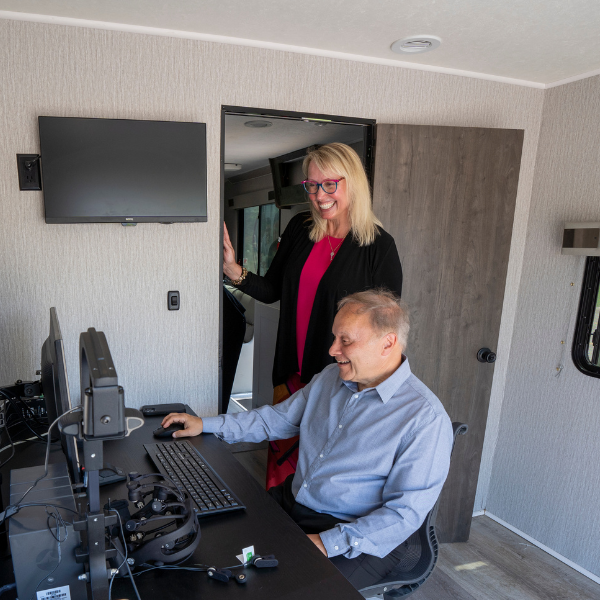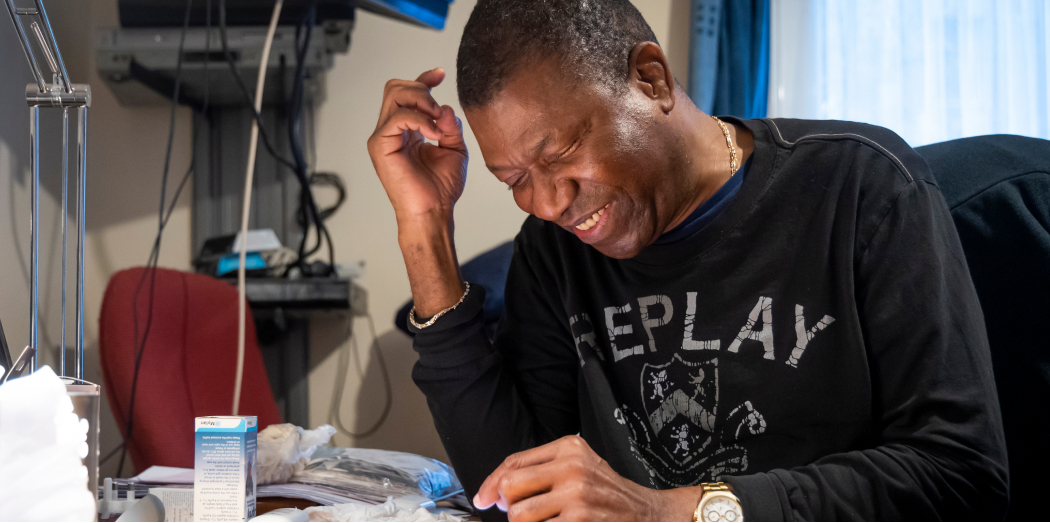EMPOWrD – Enhancing Mobility and Participation for Older Adult Wellness through Digital Inclusion
major program of research
Improving mobility and wellness among older Canadians by utilizing effective design to bridge divides in access, use and embracement of technology.
Background
As information and communication technologies become increasingly pervasive, those that are left behind in technology access and use are highly disadvantaged. The COVID-19 pandemic has highlighted the vital importance of increasing digital inclusion as migration to digital life has accelerated. Older adults have frequently been identified as a group in our society that is excluded and marginalized with respect to technology. This gap is deeply widened when we intersect race, socioeconomic factors, gender and new immigrant status with older adults.
The gaps in technology access, use and embracement create digital divides between older adults and other populations. These digital divides can exist due to inequities in access to technology (e.g., computers/devices or internet), inequities in capabilities or attitudes (e.g., lack of training or trust), or a lack of effective integration into one’s life. Older adults may experience unique barriers to access, use and embracement of technology as a result of cognitive, physical, or other declines.
Objective and Methods
The objective of this research program is to improve the mobility and wellness among older Canadians through effective design to bridge divides in access, use and embracement of technology. To achieve these objectives, six multidisciplinary and interconnected research studies are proposed that will collectively enhance multiple dimensions of older adults’ wellness. We use a variety of cooperative design methods where older adults are empowered as purposeful contributors to the design of methods and interfaces, resulting in improved idea generation, recommendations and satisfaction with the resulting design.
We will address all three levels of the digital divide framework:
1. Digital access divide: Explores facilitators and barriers to ICT access for older adults, with a particular focus on marginalized older adults. Yields design approaches and processes that facilitate access and readiness for ICT use.
2. Digital capabilities divide: Explores facilitators and barriers to appropriate and continued use of ICT among older adults. Encourages the design of effective training (skills development), approaches and interventions in collaboration with community stakeholders (to build trust, confidence and engagement) and usable interfaces for older adults that facilitate appropriate ICT use and continued use.
3. Digital outcome divide: Explores facilitators and barriers that prevent older adults from realizing optimal mobility/wellness benefits that can be derived from ICT use while minimizing any negative consequences of the same. Promotes the design of effective approaches, processes and interfaces that facilitate formal digital embracement (for occupational, physical and intellectual mobility/wellness) and informal digital embracement (for social, emotional and spiritual mobility/wellness).
We will also develop generalized design guidelines (holistic and specific to the above targeted outcomes) that can benefit future applications to bridge digital divides for older adults, including protocols, policies, and standards that can be applied to ICT technology developments for aging applications to accelerate the adoption of ICT solutions by older adults.
Constance Dupuis, Gilbrea Centre for Studies in Aging
Neil Pearson, University of British Columbia
Brendan Stanley, McMaster Digital Transformation Research Centre
Tasha Stanton, University of South Australia















